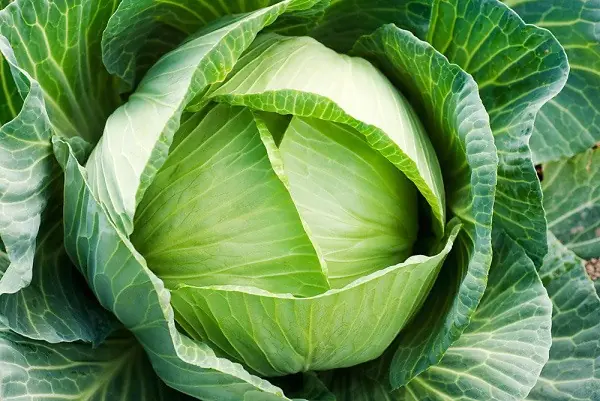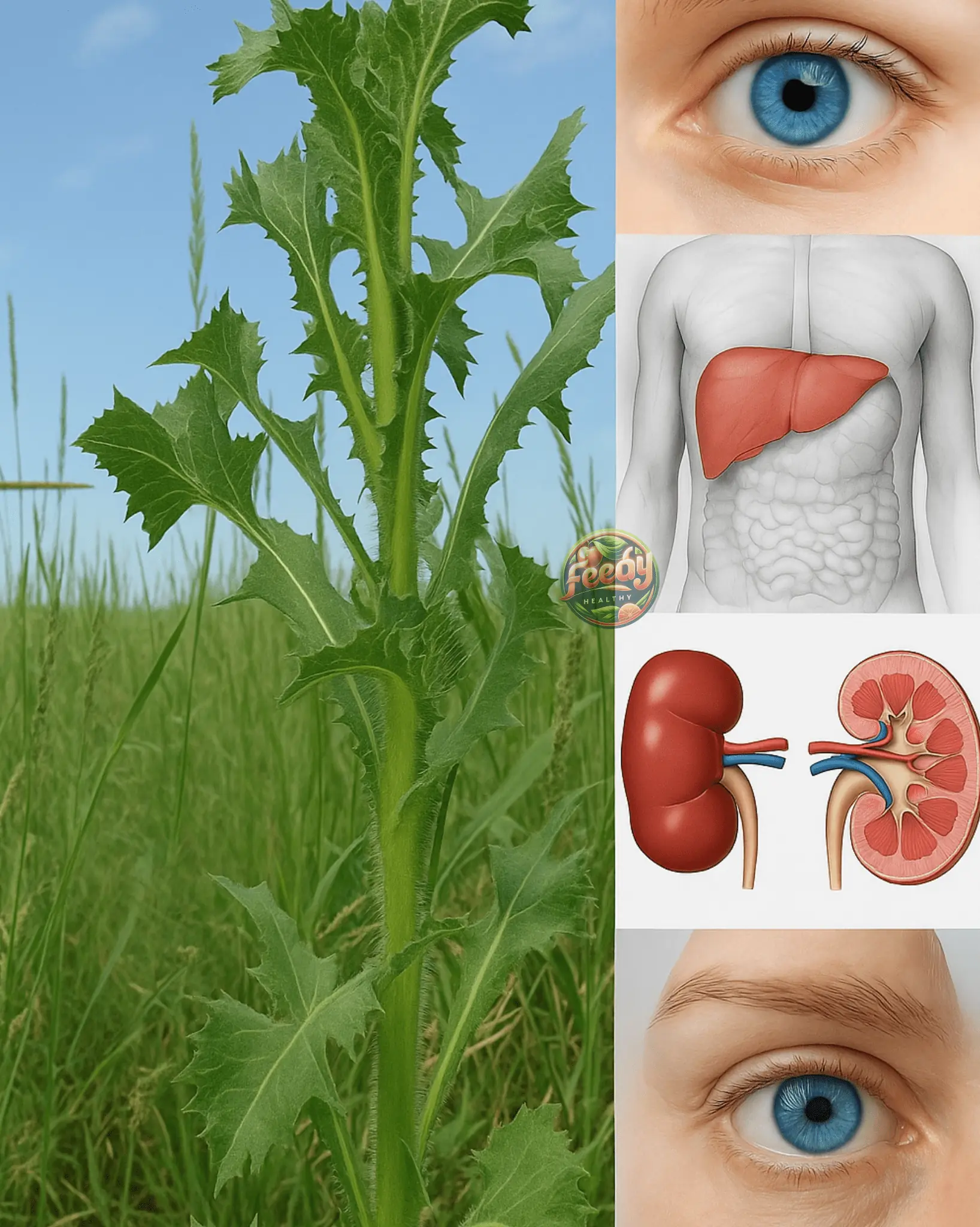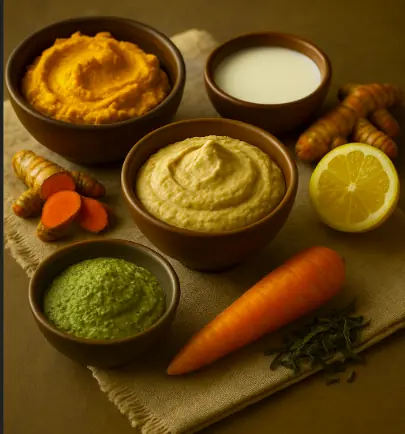
Cabbage: A Nutrient-Packed Superfood, But Some People May Need to Avoid It

Cabbage, a humble yet widely consumed vegetable, is more than just an ingredient in coleslaw or kimchi. Belonging to the Brassica oleracea family—alongside broccoli, Brussels sprouts, kale, and cauliflower—this leafy green (also available in red or purple varieties) has been cultivated for thousands of years and is a staple in cuisines worldwide.
Though cabbage is celebrated for its culinary versatility, its true value lies in its dense nutritional profile, offering a wide array of vitamins, minerals, antioxidants, and fiber. But while cabbage can be a powerhouse for health, it’s not without its downsides. For some people, especially those with certain health conditions, cabbage may cause more harm than good.
🌱 What Makes Cabbage a Superfood?
Cabbage is low in calories but rich in essential nutrients. Just one cup of raw cabbage contains:
-
22 calories
-
56% Daily Value (DV) of Vitamin K
-
36% DV of Vitamin C
-
10% DV of Folate
-
Fiber, Manganese, Calcium, Potassium, and Magnesium
✨ Key Health Benefits
-
Boosts Immunity: Rich in vitamin C, which supports immune defense and reduces oxidative stress.
-
Anti-inflammatory: Contains antioxidants that lower inflammation and risk of chronic diseases like arthritis and IBD.
-
Digestive Health: High fiber supports gut bacteria and regular bowel movements.
-
Heart Support: Helps lower LDL cholesterol and regulate blood pressure.
-
Cancer Prevention: Glucosinolates convert into compounds that may reduce cancer risk.
-
Bone Health: High in vitamin K, supporting bone density and reducing fracture risk.
-
Weight Management: Low-calorie and high-fiber combination promotes satiety.
-
Blood Sugar Control: Fiber and low glycemic index help stabilize blood sugar levels.
-
Prenatal Support: Folate is essential for fetal neural development.
🏥 Nutritional Uses and Medicinal Applications
Beyond the dinner plate, cabbage has a long history in traditional medicine:
-
Topical Use: Cabbage leaves are used to reduce breast swelling and discomfort in breastfeeding women, sometimes proving as effective as cold compresses.
-
Medical Nutrition: Its vitamins, minerals, and fiber make it ideal for managing cholesterol, blood pressure, and blood sugar, and supporting wound healing and bone health.
⚠️ Who Should Be Cautious With Cabbage?
Despite its many benefits, cabbage isn’t for everyone. Here are key groups that should limit or monitor their intake:
1. People with Hypothyroidism
Cabbage contains goitrogens, compounds that can interfere with iodine absorption and suppress thyroid function. While cooking reduces these compounds, people with hypothyroidism or iodine deficiency should:
-
Avoid raw or juiced cabbage
-
Limit intake to ½ cup cooked per day
-
Consult with a doctor for safe dietary planning
2. People with Cabbage Allergies
Though rare, cabbage allergies can cause:
-
Skin reactions
-
Respiratory issues
-
Gastrointestinal symptoms
Cross-reactivity with other cruciferous vegetables and birch pollen is possible. People with known allergies should avoid cabbage completely and consult an allergist.
3. Individuals with Digestive Sensitivities
Cabbage’s high fiber and prebiotic content may cause:
-
Gas
-
Bloating
-
Diarrhea
This is especially true for people with conditions like IBS or those unaccustomed to high-fiber diets. To reduce discomfort:
-
Introduce cabbage gradually
-
Prefer cooked over raw
-
Try fermented cabbage like sauerkraut for easier digestion
4. People on Blood Thinners (e.g., Warfarin)
Cabbage is high in vitamin K, which supports blood clotting and may reduce the effectiveness of anticoagulants. Those taking warfarin should:
-
Maintain consistent vitamin K intake
-
Monitor INR levels regularly
-
Discuss dietary changes with their healthcare provider
👶 Cabbage for Pregnant and Breastfeeding Women
-
Food use is generally safe.
-
Topical application of cabbage leaves can relieve breast pain during lactation.
-
Medicinal use or high doses during pregnancy should be discussed with a healthcare provider.
✅ Final Thoughts: Balance Is Key
Cabbage is a highly nutritious, affordable, and adaptable vegetable that offers an impressive range of health benefits—from fighting inflammation to improving heart health and digestion. However, for those with specific health conditions like thyroid disorders, allergies, or digestive issues, moderation and medical guidance are crucial.
By understanding both the benefits and risks, you can make informed choices about including cabbage in your diet—and enjoy everything this underrated superfood has to offer, safely and effectively.
News in the same category


Why You Should (and Shouldn’t) Be Hanging Your Clothes Outside

Pope Francis’ final words before passing aged 88

Tokyo Hospital Introduces New Baby Box for Abandoned Infants

A Wake-Up Call Hidden In Metal: The Colombian Sphere Mystery “Revealed”

Japan Green Traffic Lights: The Curious Case of Blue Signals

Friendship Marriages Gain Traction in Japan as Alternative to Traditional Unions

Father of bullied boy who killed himself one year ago shares tragic twist

California on Alert After Discovery of 13-foot Climbing Invasive Creature from China

5 years old saves sister, dog from burning home then alerts rest of family

Orangutan mom, thought to be infertile, gives birth and is captured on camera for the first time

Soviet-Era Spacecraft Re-Enters Atmosphere At 17,000mph — Impact Zone Remains Uncertain

Japanese Newspaper That Transforms into Plants Promotes Sustainability

Scientists Have Discovered The Ancient Origins of Cannabis

Growing Panic In New England As Another Body Surfaces — Police Address Serial Killer Concerns

Alan Jackson’s Wild Concert “Command” Sparks Chaos As Fans Rush The Stage

Father who murdered 10-year-old daughter is attacked in prison

Kim Sae Ron Admits To Having Sex With Kim Soo Hyun As A Middle School Student

Depressing find at the bottom of the Mariana Trench is a warning to the world
News Post

6 Cancer-Fighting Foods You Should Eat Regularly

Most are missing out. 10 top Aloe Vera hacks

DIY Beauty Ice cubes to Remove Dark Spots & Hyper pigmentation – Potato ice cubes & Papaya ice cubes

Plantain Leaf (Plantago major): The Overlooked Herb with Powerful Healing Benefits

Best Bridal Ubtan & Face Packs

Cucumber, Nature’s Best Anti Aging Solution

Natural Botox Gel, That Will Remove All Aging Signs

Don’t overlook these small red spots on your arm – They could be important warning signs

Pregnant woman relentlessly harassed by a K9 dog

Reason behind strange white bumps found on your private parts

Recognizing high blood sugar: 7 early signs

Natural Remedy to Get Rid of Rats & Mice in Your Home

At 60, I Overcame Cancer, High Blood Pressure, Diabetes, and Poor Circulation—All Thanks to This Powerful Drink

Discover the Magic of Boiling Walnuts!

How to Grow Hydrangeas from Cuttings: A Step-by-Step Guide

College student has fatal reaction to brownie she got from friend

MY DOG STOLE A HOT DOG AT THE BALLGAME BUT INSTEAD OF GETTING MAD THE CROWD DID SOMETHING I NEVER EXPECTED

Japan’s got a solution for everything

MY K9 PARTNER SAVED MY LIFE LAST YEAR—BUT THIS MORNING HE REFUSED TO GET IN THE CAR
